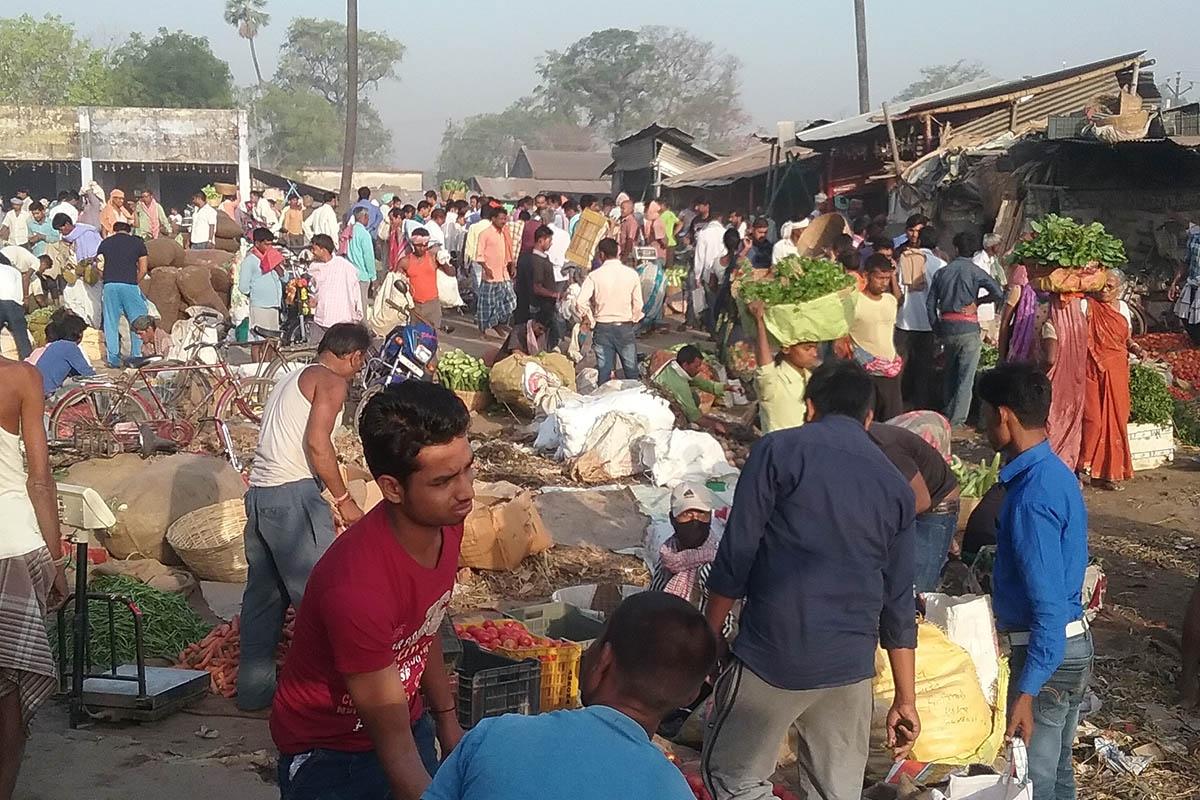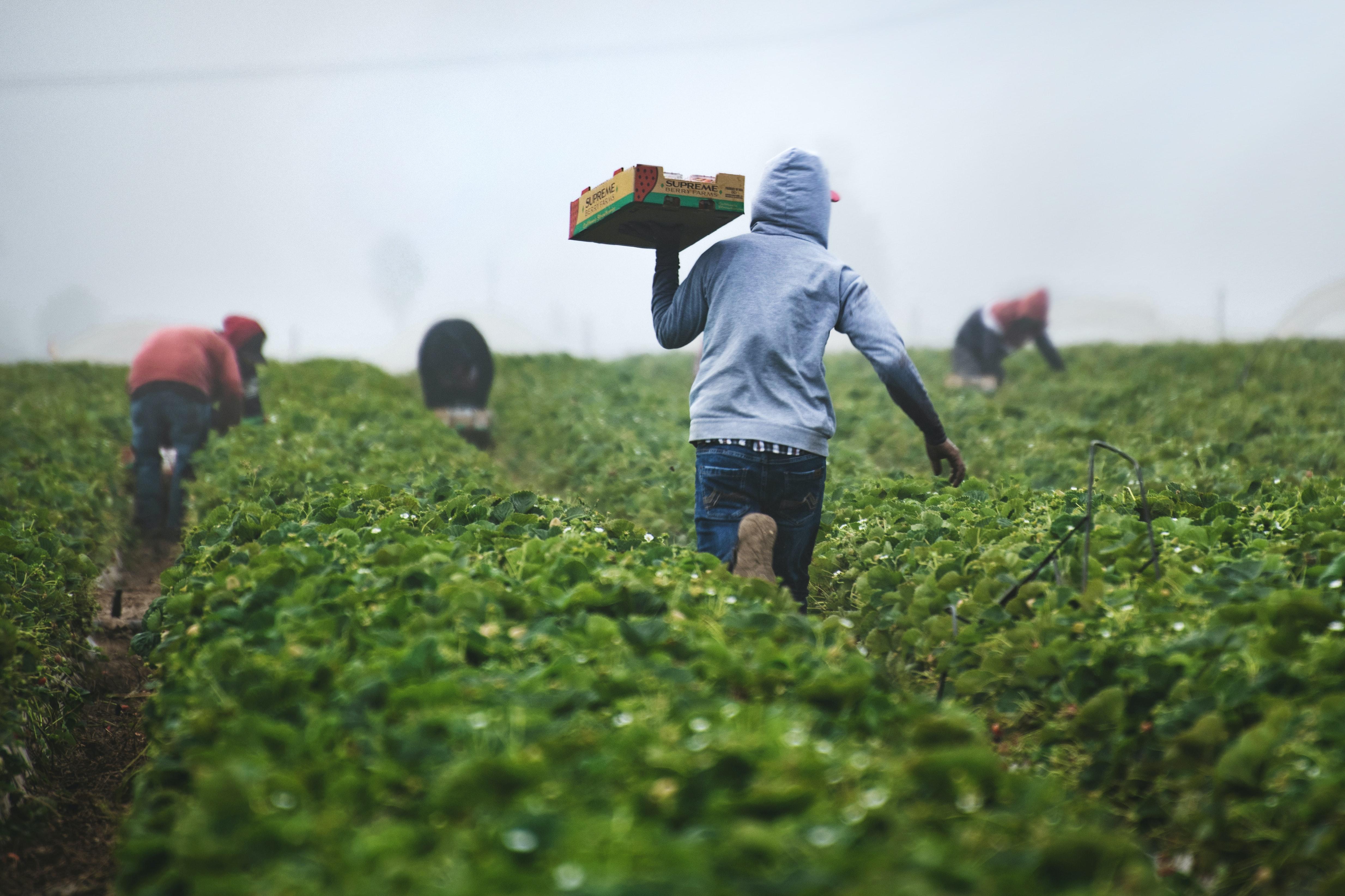Originally published in Geographical Magazine.

In April 2018, I visited a major wholesale vegetable market in Bihar, India, as part of fieldwork for a research project. I had expected the market to be busy and chaotic, but was not entirely prepared for the hellish landscape that greeted me: open sewers, free-wandering domestic animals, rotting piles of vegetable refuse and smoke from burning plastic hanging in the air. In short, optimal conditions for foodborne hazards. At the same time, however, this market was an important node for distributing vegetables throughout a region where the vitamins, minerals and disease fighting properties provided by vegetables are vital for the health of the population.
Food markets have not had a good press in recent times. SARS and bird flu outbreaks in the 2000s have been linked to ‘wet’ markets, where animals are butchered, stored and sold. The possibility that the current outbreak of Covid-19 emerged at a seafood market where wild animals were being sold poses major questions about how food markets should be governed. In contemplating this, it is important to keep in mind that food markets are integral to delivering nutritious food to large populations. Markets already deliver the vast bulk of foods consumed around the world, even in very low income settings and amongst agricultural households. From South Asia to much of Sub-Saharan Africa, more than 75 per cent of food consumption is derived from the market.
There is increasing evidence indicating the importance of well-functioning food markets in the nutrition of low income populations. In Ethiopia, closeness to markets has been shown to improve the diversity of diets and be protective against severe weight loss in children. Even in rural Afghanistan, where harsh winters, difficult terrain, poor infrastructure and conflict pose major challenges to markets, our research has found nutritious foods to be overwhelmingly sourced from local markets rather than from what households produce themselves

At the Bihar India Vegetable Market produce sits within the haze of smoke from burning plastic.
Markets are inherently ‘scalable’, reaching large numbers of people with relative ease, given that they emerge from the natural human proclivity to buy, sell and exchange. For the same reason, they are cost-effective, not typically requiring large, expensive interventions or policies to make nutritious foods available. Thus, food markets have a major role to play in global efforts to achieve Sustainable Development Goal Number 2 which aims to ‘End hunger, achieve food security and improved nutrition...’

Open sewers, free-wandering domestic animals and rotting piles of vegetables greet visitors to the Bihar India Vegetable Market.
As the world continues to urbanise and the connection between food production and consumption becomes ever more tenuous, the functioning of food markets, both as institutions as well as physical places of exchange, is deserving of serious thought in research, policy and practice. Governing the marketplace to minimise foodborne hazards is a key aspect of this agenda. This may include consideration of food safety in spatial planning and design of market infrastructure; introducing and enforcing regulations concerning produce traded in markets and how they are handled; and understanding behavioural patterns of market actors and delivering appropriate communication and training.
The WHO has pioneered the concept of ‘healthy food markets’ which incorporates such considerations and has piloted this across the world. The aftermath of Covid-19 may be the appropriate juncture to scale up such efforts. There is a need to invest further in understanding and minimising foodborne hazards so that food markets around the world can fulfil their potential in fighting malnutrition.
Originally published in Geographical Magazine
Twitter: @Bhavani1Shankar






